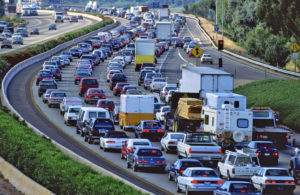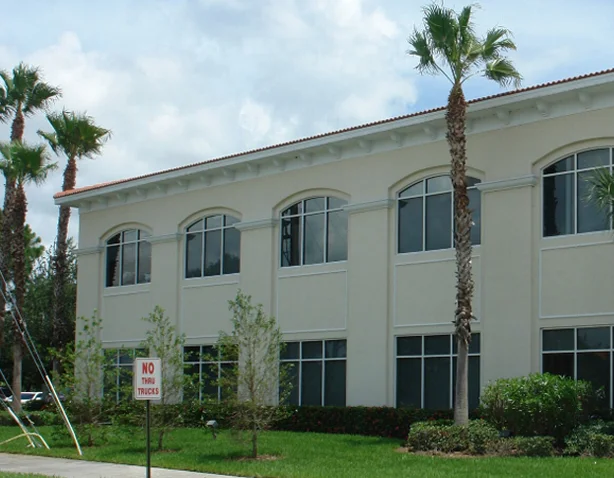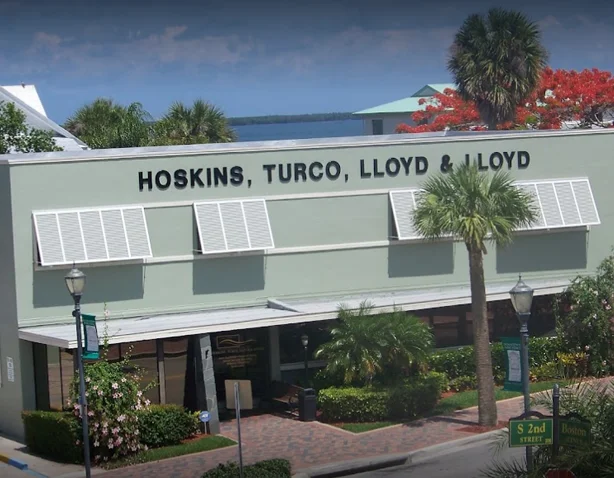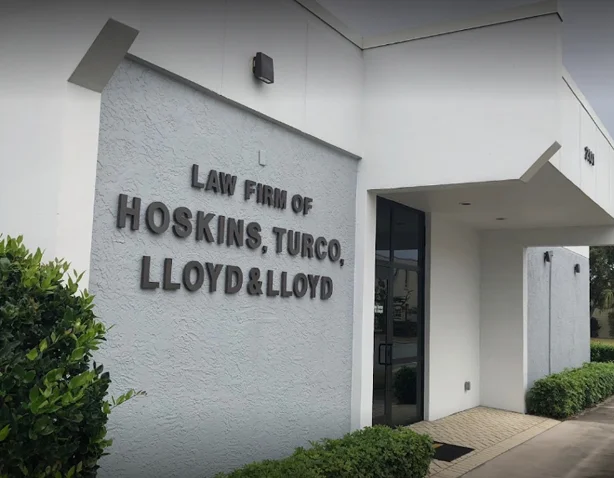New Year’s Eve is just around the corner. For many people on the Treasure Coast, the holiday is a time
Safe Driving Posted on Jul 19, 2016
Self-driving cars are expected to usher in a new era of mobility, safety, and convenience. However, transportation researchers say people will use them too much, causing major traffic complications.
Experts foresee robot cars chauffeuring children to school, dance class, and baseball practice. The disabled and elderly will have new mobility. Commuters will be able to work, sleep, eat or watch movies on the way to the office. People may stay home more because they can send their cars to do things, such as pick up groceries that they’ve ordered online.
Researchers believe the number of miles driven will skyrocket. It’s less certain whether that will mean a corresponding surge in traffic congestion, but it’s a clear possibility. Gary Silberg, an auto industry expert at accounting firm KPMG, compares it to the introduction of smartphones. “It will be indispensable to your life,” he says.
Cars that can drive themselves under limited conditions are expected to be available within five to 10 years. Versions able to navigate under most conditions may take 10 to 20 years. Based on focus groups in Atlanta, Denver, and Chicago, KPMG predicts autonomous “mobility-on-demand” services—think Uber and Lyft without a driver—will result in double-digit increases in travel by people in two age groups: those over 65, and those 16 to 24.

Vehicles traveled a record 3.1 trillion miles in the U.S. last year. Increased trips in autonomous cars by those two age groups would boost miles traveled by an additional 2 trillion miles annually by 2050. If self-driving cars without passengers start running errands, the increase could be double that. And if people in their middle years, when driving is at its peak, also increase their travel, that yearly total could reach 8 trillion.
Driverless cars are expected to make travel both safer and cheaper. With human error responsible for 90 percent of traffic accidents, they’re expected to sharply reduce accidents, driving down the cost of insurance and repairs. But the biggest cost of car travel is the drivers’ time. That cost comes down drastically when people can use travel time productively on other tasks.
In the best-case scenario, congestion is reduced because driverless cars and trucks are safer and can travel faster with reduced space between them. Highway lanes can be narrower because vehicles won’t need as much margin for error. There will be fewer accidents to tie up traffic. But those advantages will be limited as long as driverless cars share roads with conventional cars, likely for decades. The congestion nightmare would result if a large share of people can’t be persuaded to share robot cars with strangers and to continue using mass transit.
Whether you’ve been injured in an auto or trucking accident, motorcycle accident, slip or fall, dog bite, or if your loved one has been the victim of a wrongful death accident, you deserve to have a powerful and proven Florida Personal Injury Lawyer defending your rights. Before you speak with an insurance company, contact me for a free consultation. I will make sure that you are not bullied or rushed into making a decision, and you will not owe anything unless I win your case. Don’t delay in contacting me today at any of my four offices in Fort Pierce, Port St. Lucie, Vero Beach, and Okeechobee. Call 866-460-1990.
New Year’s Eve is just around the corner. For many people on the Treasure Coast, the holiday is a time
South Florida is currently experiencing one of the highest rates of inflation in the country. According to the U.S. Bureau
How the technology raises risk of carbon monoxide poisoning Are all the electronics in your car a good thing? When

Phone: (772) 344-7770
Fax: (772) 344-3838

Phone: (772) 464-4600
Fax: (772) 465-4747

Phone: (772) 577-7551
Fax: (772) 794-7773

Phone: (863) 357-5800
Fax: (863) 763-2237
As the law firm Florida has trusted for over 40 years to fight on their behalf, we are more than ready to represent you. Put our experience and reputation to work. If you need help with any legal matter, whether it’s a personal injury, workers’ compensation, disability or bankruptcy case, contact us now. The consultation is absolutely free.
Get the answers you need. We’ll review your case today, for free.
"*" indicates required fields